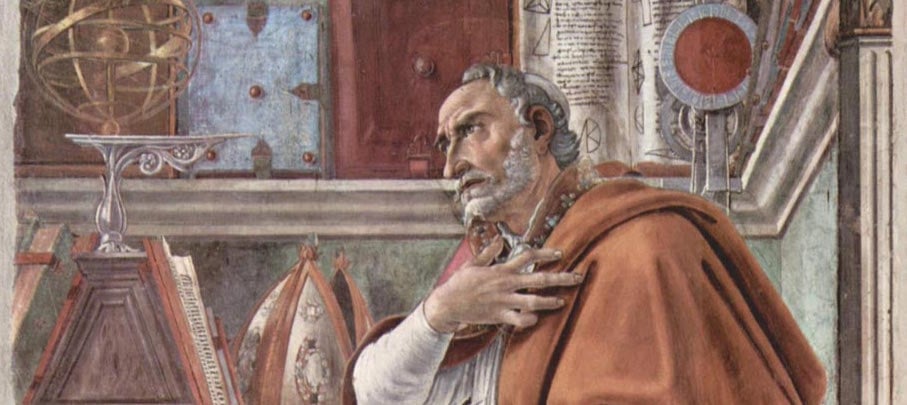“Quid est enim tempus?”
“So what is time?”[1]
Pangs of nostalgia for innocence lost, discontent with reality present, and some combination of fear, uncertainty, or despair about the future can combine to make Christmas an especially difficult time. Recently, two complete strangers confessed as much to me at the grocery store, confiding rather intimate and painful details about their interior lives. After briefly striking up a conversation in the produce aisle, an elderly gentleman in his seventies warned me that if I, a much younger man, have any dreams or would like to accomplish something with my life, I must set about it now, before my life has slipped by and all of my dreams disappear, as had happened to him. Another, after asking how I was planning to spend the holidays, confessed that he had no family or really anyone to spend Christmas with; most of the people with whom he has spent most of his life have either died or have become estranged from him. How we relate to time underlies both of their reflections.
Login to read more
Sign in or create a free account to access Subscriber-only content.
